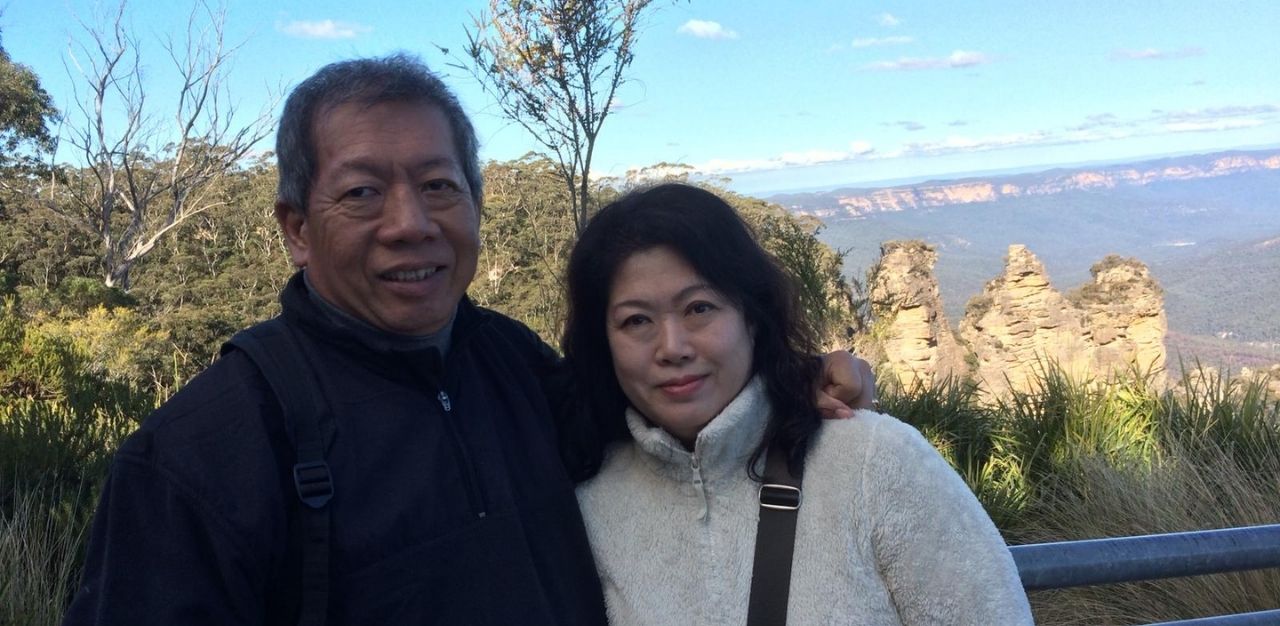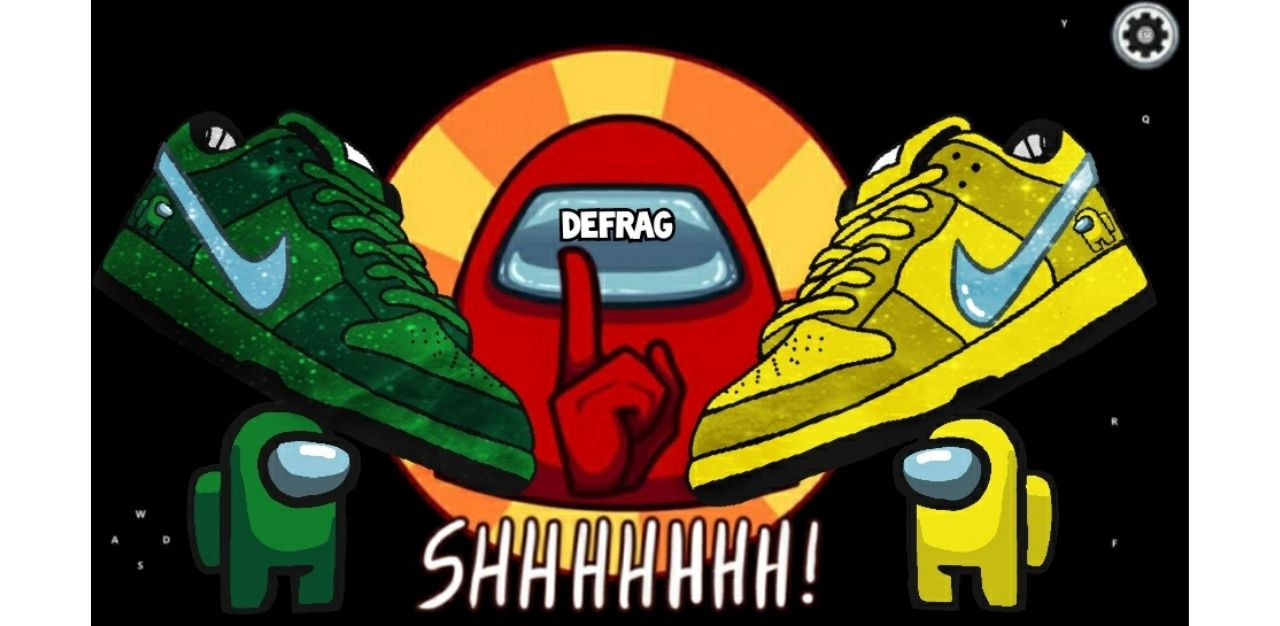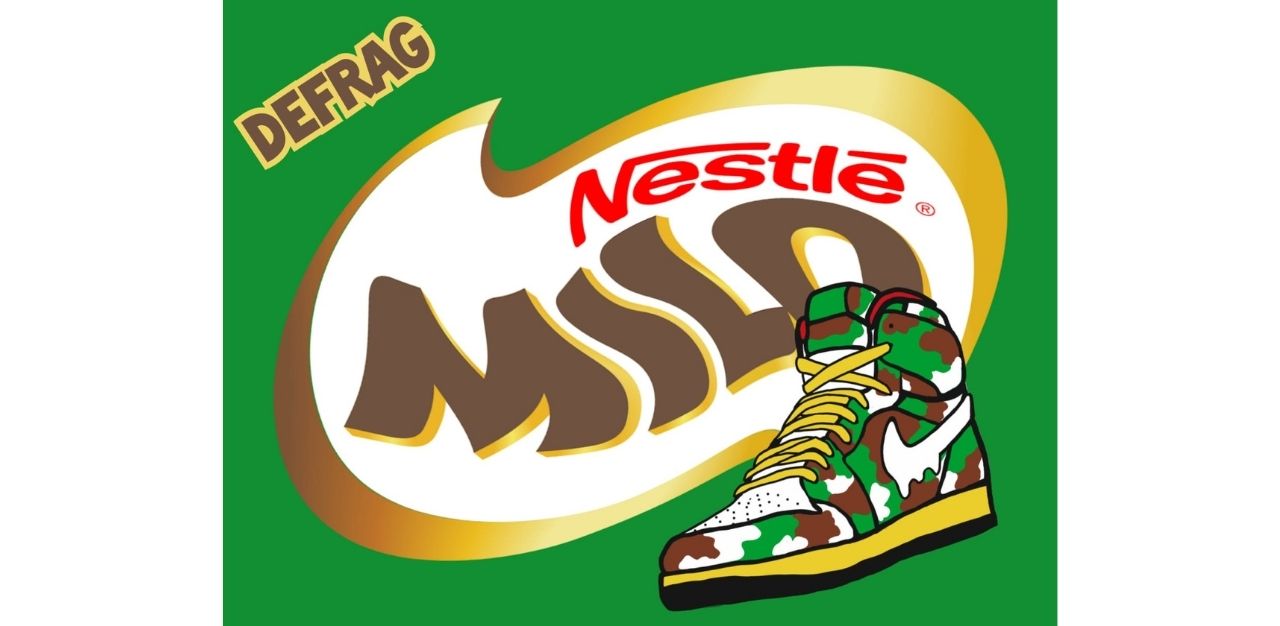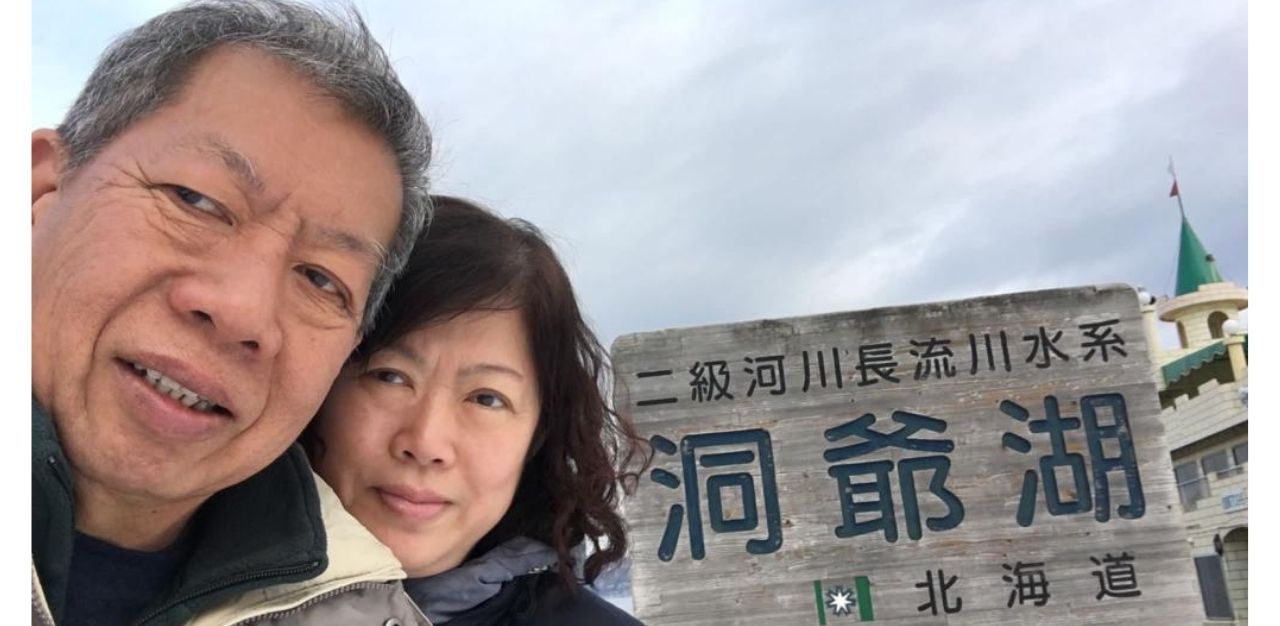19 years on, Jessica Ho still gets emotional when describing the circumstances of her late husband’s death.
“[Then], I worked during the day, and taught at night as a tutor. Most of the time, [my late husband] would pick up the children at night, and take dinner from my mum’s house,” she describes. “That day, he was riding a bicycle to pick up dinner from my mum, and he met with an accident. A lorry knocked him down.”
Soon after, she received a call from the police, and immediately rushed down to the hospital where she waited in fear with her family.
“When the doctor came out, his [scrubs] and shoes were covered with blood. I looked at it, and said, ‘Oh no, this is not good’,” she recounts. The doctor went on to explain the numerous injuries her husband had suffered, and told her that they were doing their best to save his life.
But the next time the doctor spoke with them was to bring the news of her husband’s death: “He told me ‘I’m so sorry that your husband didn’t make it’.”
Ms Ho was at a loss.
“It’s so sudden,” she says. “[Earlier that day], at five something, I called him and we talked on the phone… Then, at seven something, I received a call from the police. When I saw his body, I could not believe it, I could not cry… Suddenly, he’s gone. I cannot accept it.”
Ms Ho would continue to grieve the loss of her husband for five years. She says, “I just cannot cope because we were very, very close… I cried for so long.”
She adds: “In the beginning, when I lost my husband, I told myself, ‘Give me three years [to] manage my grief and I will walk out of this.’ Three years later, I was still [in shambles], crying and crying.”
“At times, I looked at my bed and said, ‘Huh, how come [he] never come back for so long?’ I still think that way – why did he go off for so long? It’s so difficult to take it, and I refused to believe that he was gone.”
Realising that she could not continue living this way, Ms Ho turned to her faith to get her through: “I told God, I really cannot do it myself, I will surrender, You can take over.”
With the support of her loved ones and the guidance of her counsellor, she eventually managed to walk out of the grief five years after her husband’s passing. A few years later, she met her current husband.
Keeping the faith to find love once again
As she started to heal, Ms Ho realised that she was ready to enter into a new relationship. She began to pray for God to bless her with a partner. In the first nine years after her husband’s passing, no such individual came by. But, two months shy of her late husband’s 10th death anniversary, she had a serendipitous encounter with her current husband.
The two met on a Christian dating site called be2. Ms Ho had decided to give the site a shot after being mistakenly charged for membership, and her would-be spouse was using the one-time free trial offered.
“As a Christian, I look for a God-fearing man. Somehow, a lot of things in his [her current husband’s] profile matched my interest… It was a 95 or 97 per cent match. From there, we communicated,” she recounts.

The two became close friends, as she supported him through the aftermath of an ugly separation. “I went through a very difficult time with him,” she says. “My prayer partner even told me, anybody else would have given up, [and asked], ‘Jessica, how are you hanging on?’”
Still, she stayed by his side, firm in her conviction that he was the right companion for the next chapter of her life. She says, “Even though he is a divorcee, I knew that if God allowed things to happen, He would walk us through this tough journey.”
Four years later, they got married.
A widower’s story of loss of healing
While Ms Ho has found her happy ending, the story of a widower who wished only to be known as Mr Sim is still a work-in-progress.
In 2016, Mr Sim’s late wife was diagnosed with a rare form of cancer. They went for multiple treatment options, all to no avail. Eventually, nearly a year after her diagnosis, she passed away.
“I felt super lost immediately after I lost her,” he says. “I became a hermit for two years. I isolated myself, and did everything [on my own]. I didn’t meet anyone.”
“Grieving is difficult. There’s this phase [when you grieve alone]. You can’t expect anyone to understand the situation you’re going through… I didn’t manage to meet anyone [going through] the same circumstances, so I locked myself up.”

Besides working and caring for his son, Mr Sim turned to illustrating to cope with his grief. He says: “I‘ve been sharing [my artwork] on Instagram as a form of reaching out to friends… It’s the first step to integrate myself back into society.”
“That’s how I [coped] for the two years, rather than just staring into blankness and constantly reminding myself of the situation that I’m in,” he adds. Gradually, he started to socialise with others again in the third year after his wife’s passing.
Four years on, Mr Sim now believes he is ready to re-enter the world of dating: “You can’t always rely on your friends every day. After work, I normally grab something to bite or have dinner, and it’s mostly by myself. Until now, I still do that… I decided maybe I should give myself a chance to be loved by someone, or liked by someone, hoping that [they] can grow with [me].”

His son is also a pivotal reason why he decided to try dating again.
“When we go out together, just the both of us, he always asks me: ‘Can we have another person?’ Maybe he also wants some motherly love,” he muses.
Mr Sim began his tentative foray back into the dating world by signing up for dating apps. While it has been a daunting experience, he approaches it with an open mind, viewing it as an opportunity to expand his social circle.
“I like streetwear and sneakers… so I was thinking of reaching out to people who share this common interest, but at the same time, also hoping that it may turn out to be something more than just friends,” he says.
Challenges in dating as a widow(er)
With heavier responsibilities to bear and a son in tow, Mr Sim admits that he can no longer approach dating with the same mindset he did in his younger years. Now, his son is the priority.
“I can’t afford to try,” he says. “If my kid is so accustomed to you, then after that, [the relationship] breaks off, it’s another loss for him… I have to make sure it works first, then embark on the journey.”
The process of meeting new people also comes with a unique set of challenges as a widower.
Since Mr Sim’s dating profile clearly indicates that he is a widower with a child, he has sometimes found himself in the position of providing advice to those he meets: “As a friend, I would advise them on their relationship… Then after that, no sound [from them].”
Besides being taken as a sounding board, Mr Sim adds that there is a perception that widow(ers) are “not stable” or “emo” (street lingo to describe someone who is constantly sad).
“People in our situation need time to grieve,” he admits. “But after grieving, we will be like everyone else… Off and on, sometimes, during the death anniversary, it is quite unavoidable to express some of your grief or emotion.”
“If my friend or a stranger [was in] this situation, I’m able to empathise. But some people just have this [perception], ‘Wah, this one is emo’. They will stay away from you,” he says.
He shares an example of a widow he connected with through Facebook, highlighting how she has lost several groups of friends because of this: “People decide to just let her be by herself. It’s quite sad.”
“I’m not too sure whether it is a stigma, but maybe people in life [face] so much negativity that they will tend to stay away from us [widow(ers)] who are potentially more negative,” he says. “The fact of the matter is, we’re not. I’m actually quite a jovial person.”
“Maybe it’s just a misconception of what people think we are, and it’s very difficult to convince people that you’re okay,” he adds. It is an unavoidable scenario that Mr Sim has learned to take in his stride. “You just move along and move ahead,” he says.
Misconceptions aside, Ms Ho adds that widow(ers) are sometimes also misunderstood, especially since the community has a tendency to keep new relationships under wraps, until one is certain of its longevity.
“When a widow gets into another relationship, you don’t go around and tell people, ‘Hey, I got a new boyfriend.’ Because you don’t know whether this relationship [will] work out,” she explains.

“So you won’t tell until it’s confirmed. [When] you get married, some of the friends may misunderstand you, [ask] why you keep [it] from them.”
Scepticism over potential partners’ motivation for getting into a relationship is another concern. Loved ones may wonder if new partners harbour ulterior motives for pursuing relationships, such as financial incentives.
Another common concern includes their children not giving their new relationship their blessing, as they may be fearful of new responsibilities and unknown expectations from new family members.
Learning to move forward after a loss
Challenges aside, Mr Sim remains hopeful that he will eventually meet someone he can settle down with, and encourages others in the community not to lose heart as well. He says, “For widows and widowers, it’s not the end of the world. You still have a chance to find [a partner].”
“If someone can accept you, you will be accepted even if you are widowed or divorced.”
Ms Ho advises those in a similar position to maintain an open mindset when seeking a potential partner, as some may have a specific type of partner in mind, and suggests that they not limit themselves.
“This new [partner] won’t be the same as your [late] husband… You tend to paint a picture that the future partner must be [a certain way],” she says. “Give yourself a chance to meet somebody.”
“Don’t compare,” Mr Sim adds. “What’s the point of comparing? Everyone is different. Instead of comparing, I’m actually looking at [the prospective partner’s] personality, and whether it will match [with mine].”
“Comparing is very unfair, and a bit judgemental, if you ask me. Everyone on the [dating] platform is finding a new beginning.”
Join the conversations on TheHomeGround Asia’s Facebook and Instagram, and get the latest updates via Telegram.












